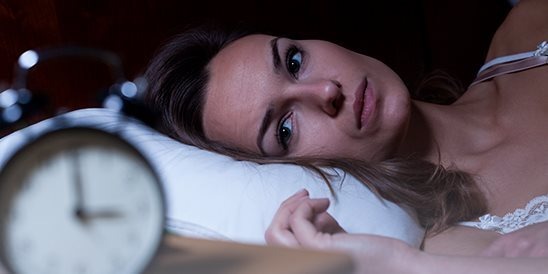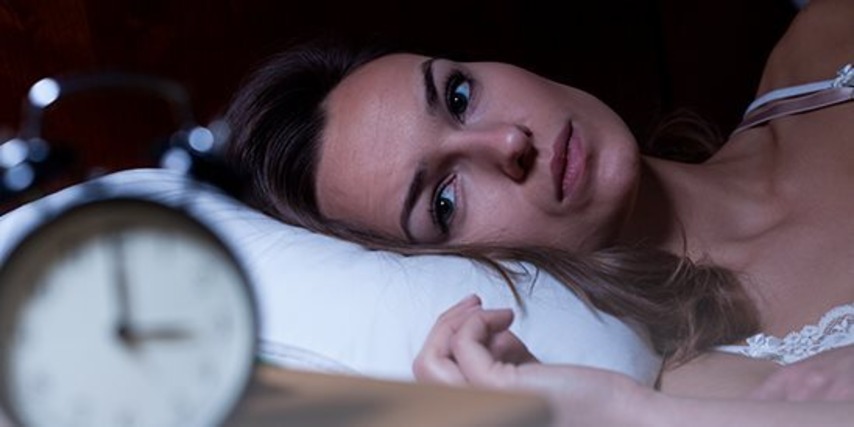Insomnia: When to Seek Professional Help

Insomnia is a common sleep disorder that can significantly impact your quality of life. While occasional sleeplessness is a normal part of life, chronic insomnia can lead to serious health issues and affect your daily functioning. Understanding when to seek professional help is crucial for effective management and recovery. This article explores the signs that indicate it’s time to consult a healthcare professional about insomnia.
Understanding Insomnia
Insomnia is characterized by difficulty falling asleep, staying asleep, or waking up too early. It can be acute, lasting for a few days or weeks, often triggered by stress or significant life changes, or chronic, persisting for three months or longer. Chronic insomnia can be associated with various underlying health conditions and lifestyle factors.
Signs You Should Seek Help
Persistent Sleep Difficulties
If you find yourself struggling to fall asleep or stay asleep for several weeks or more, it may be time to seek help. Chronic insomnia not only affects your energy levels but can also lead to mood changes and cognitive impairments.
Impact on Daily Life
If insomnia is affecting your work performance, relationships, or overall quality of life, professional assistance is necessary. Struggling with concentration, memory lapses, and irritability due to lack of sleep can lead to further complications in your personal and professional life.
Physical Health Issues
Insomnia can be a symptom of underlying medical conditions, such as sleep apnea, restless leg syndrome, or anxiety disorders. If you experience other symptoms, such as snoring, gasping for air during sleep, or chronic pain, it’s crucial to consult a healthcare provider to rule out these conditions.
Mental Health Concerns
Chronic insomnia is often linked to mental health issues like anxiety and depression. If you notice a correlation between your sleep difficulties and changes in your mood, or if you feel hopeless, anxious, or overwhelmed, seeking help is essential. A mental health professional can provide coping strategies and treatment options.
Substance Abuse
If you’re relying on alcohol, caffeine, or over-the-counter sleep aids to cope with insomnia, it’s a sign to seek professional help. While these substances may provide temporary relief, they can lead to dependency and worsen sleep problems in the long run.
Inability to Identify Triggers
If you’re unable to identify factors contributing to your insomnia despite making lifestyle changes, a professional can help. Sleep specialists can perform assessments, including sleep studies, to determine underlying causes and suggest tailored interventions.
Ineffective Self-Help Strategies
If you’ve tried various self-help strategies—like improving sleep hygiene, reducing caffeine intake, or establishing a regular sleep schedule—without success, it may be time to consult a healthcare professional. They can offer evidence-based treatments and therapies that are more effective.
Sleep Disturbances in Children or Adolescents
If a child or adolescent is experiencing sleep difficulties, seeking professional help is critical. Sleep issues can significantly affect a young person’s growth, development, and academic performance. Pediatricians or sleep specialists can provide guidance tailored to younger individuals.
Seeking the Right Professional Help
When considering seeking professional help for insomnia, there are several types of specialists you can consult:
Primary Care Physician: Your first step can be to consult your primary care physician, who can evaluate your symptoms, review your medical history, and rule out any underlying conditions.
Sleep Specialist: A sleep specialist is trained specifically in sleep disorders and can conduct comprehensive assessments, including sleep studies, to diagnose specific conditions.
Psychologist or Psychiatrist: If your insomnia is linked to mental health issues, a mental health professional can provide therapy, medication, or both to address underlying concerns.
Cognitive-Behavioral Therapist: Cognitive-behavioral therapy for insomnia (CBT-I) is an effective, structured program that helps address the thoughts and behaviors contributing to insomnia.
Conclusion
Insomnia can have a profound impact on your overall well-being, but you don’t have to face it alone. If you experience persistent sleep difficulties that affect your daily life, seeking professional help is a vital step toward regaining restful nights. Early intervention can lead to effective treatment options and improved quality of life. Remember, prioritizing your sleep health is essential for your physical, mental, and emotional well-being. Don’t hesitate to reach out for support—your path to restful sleep begins with taking that first step.




